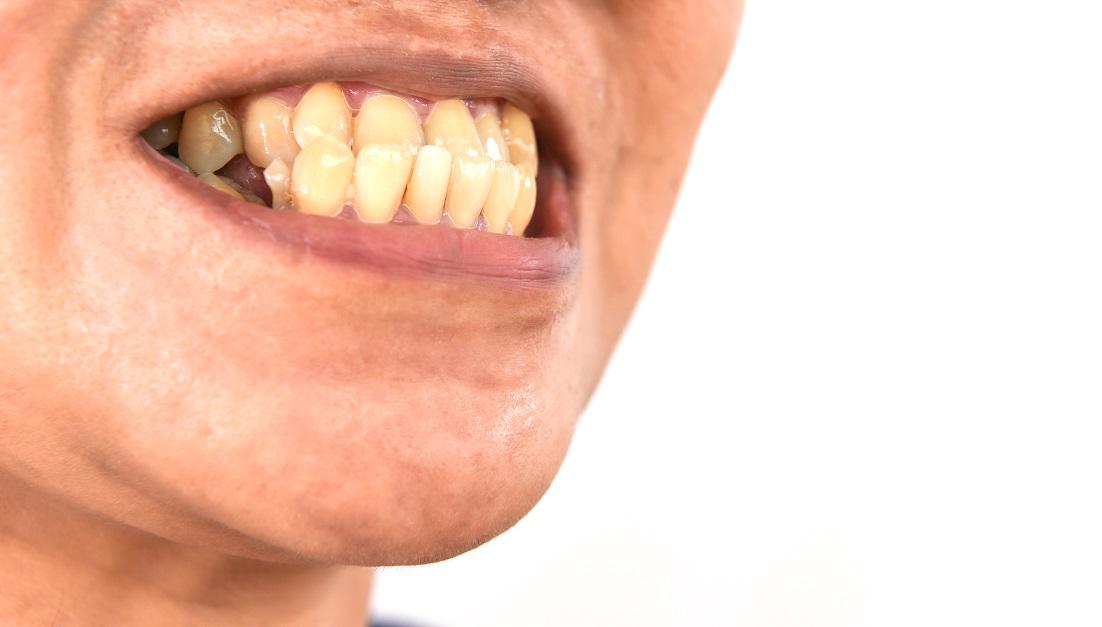 A 2021 survey found that our smiles are likely to be the very first thing that people notice about us. So, it’s no wonder that we all want perfectly straight and luminous teeth. But, our teeth only play one role in our smiles.
A 2021 survey found that our smiles are likely to be the very first thing that people notice about us. So, it’s no wonder that we all want perfectly straight and luminous teeth. But, our teeth only play one role in our smiles.
Jaw alignment plays an equally important role in our smiles. In fact, proper jaw alignment doesn’t just affect our overall aesthetics – it affects the appearance, function, and health of our smiles, too.
Highly trained dental professionals (like orthodontists) can address and remediate improper jaw alignments, often called malocclusions. Common malocclusions that may require remediation include:
- Underbites
- Overbites
- Open bites
- Crossbites
- Overjets
- Diastemas (gaps)
- Overcrowding
Here, we address what happens when you have an underbite. From causes to treatments, we give you everything you need to know.
What is an Underbite?
The human skull contains an upper and lower jaw. Typically, the upper jaw sits directly over the lower jaw, with the upper teeth laying slightly over the bottom teeth.
However, an underbite forms when the lower jaw begins jutting out farther than the upper jaw. This places the upper teeth behind the lower teeth, which can make eating and speaking much more challenging.
Underbites may range from mild to severe, resulting in a spectrum of symptoms and treatment options. Luckily, most patients with an underbite can easily fix the malocclusion with a trained professional.
What Causes an Underbite?
There are many reasons why an underbite may develop, including:
- Genetics: Experts believe that this is the primary reason why underbites form. Our facial features candidly display the genes we inherit from our parents. So, if one member of your family has an underbite, then it’s likely to show up in other members, too.
- Childhood habits: Children often find comfort from sucking on their thumbs, pacifiers, or baby bottles. But, the act of sucking thrusts the tongue forward, which positions the lower jaw more anteriorly. When these habits go uncorrected for long periods, then the jaw can change shape over time, resulting in a slight underbite.
- Injury: Even though the human jaw is remarkably strong, it is not immune to accidental injury. A broken jaw can heal poorly, which may result in an underbite.
- Tumors: Whether benign or malignant, tumors growing around the temporomandibular joint (jaw joint) can push the lower jaw forward.
Is an Underbite Bad For My Health?
Some patients report no noticeable health issues from their underbites. But, even if they go unseen, the health effects of an underbite may be quietly taking a toll on their oral and overall health.
Common health effects of an underbite may include:
- Temporomandibular joint disorder (TMD): The jaw joint is similar to a door hinge, allowing us to open and close our mouths. Underbites change the mobility and range of motion that our jaws can comfortably achieve while opening and closing. Over time, this may result in a painful TMD, making chewing, yawning, and speaking more bothersome.
- Mouth breathing: An underbite can make it challenging to close the mouth completely, which encourages mouth breathing. But, continued mouth breathing can trigger other orofacial myofunctional disorders, like low muscle tone and improper tongue posture.
- Halitosis: Because underbites encourage mouth breathing, it is not uncommon for patients with an underbite to have chronic bad breath. This is because breathing with the mouth open can dry out the oral cavity, which allows odor-causing bacteria to flourish.
- Cavities and gum disease: Extreme underbites can make it hard for some people to completely close their mouths, leaving their bottom teeth constantly exposed. Without saliva to coat these exposed teeth, cavities and gum disease are real threats.
- Sleep disorders: From sleep apnea to teeth grinding (bruxism), an underbite can negatively affect sleep. And, without proper sleep, functioning during the day becomes downright challenging.
How Are Underbites Treated?
A skilled dental provider can fix even the most severe underbites with effective solutions, such as:
- Braces: Typically reserved for mild cases, braces may improve jaw alignment by first improving dental alignment. Orthodontists may also recommend braces after other procedures or therapies as an auxiliary or finishing treatment for underbite remediation.
- Facemasks: These appliances are a type of headgear that work to slowly move the upper jaw over the lower jaw. This process takes time, which is why most patients must wear their reverse-pull facemasks for at least 16 hours a day for the desired results.
- Elastics: With the help of braces or metal plates, elastic bands inside the mouth can pull the upper jaw into better alignment over the bottom jaw.
- Surgery: In extreme cases, jaw surgery may be the best way to remediate a significant malocclusion.
Underbite Treatment Near You
Even minor underbites can eventually lead to oral disease and dysfunction. But, getting treatment now could help you preserve your smile, health, and happiness. Look for underbite treatment with our skilled dental team for lasting relief now!


